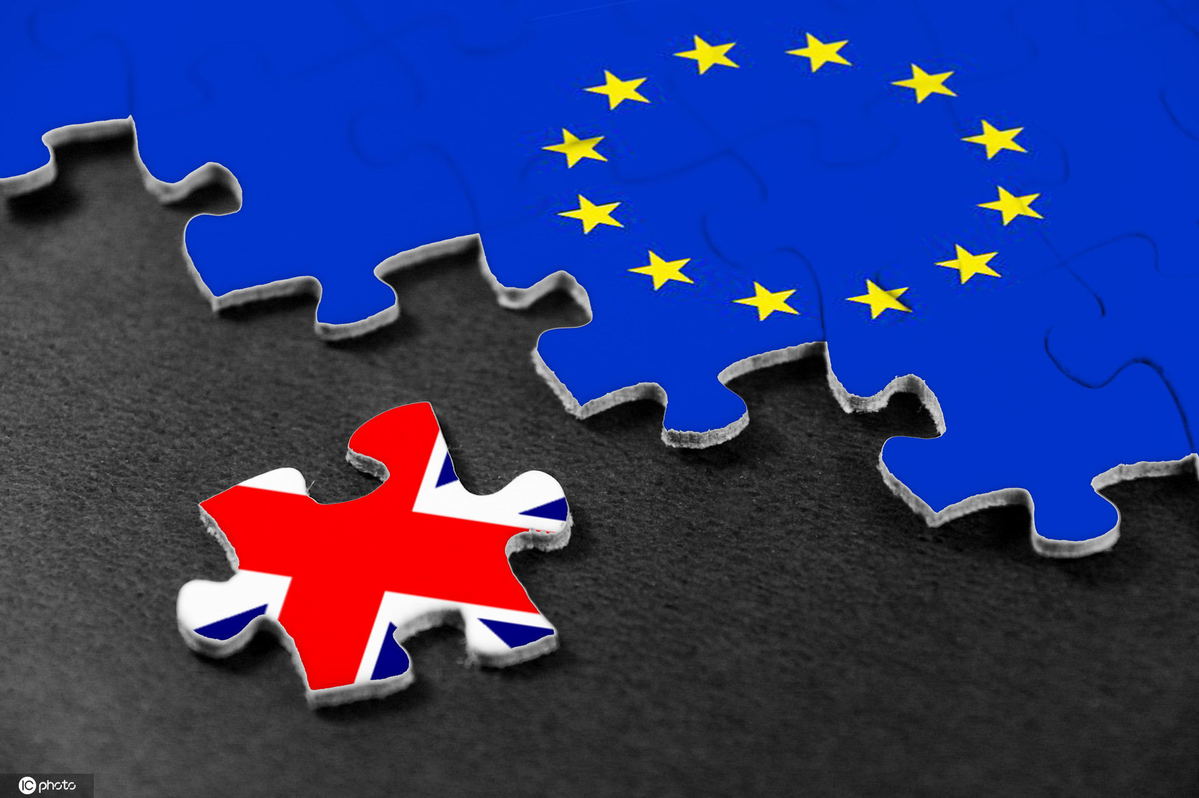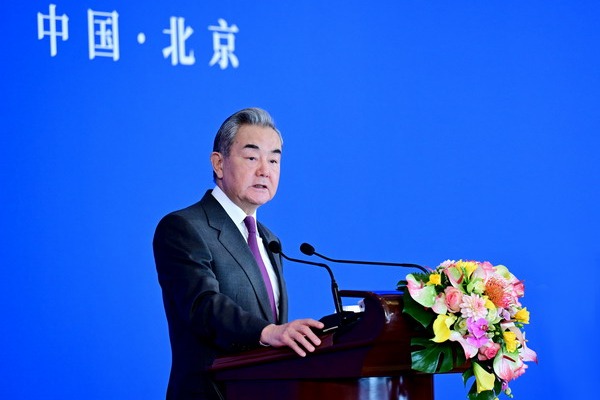Brexit: how did it get here, and why?


Over the last four years, all roads in British politics have led to one thing; Brexit, the issue that has dominated the political landscape since summer 2016.
But for all the sound and fury and careers that have risen and fallen in its shadow, Britain's exit from the European Union has still not happened.
According to Boris Johnson, the third prime minister to have had to wrestle with the issue, do or die, come what may, Oct 31 would be Brexit Day. But it was not, as the date for Britain's departure was put back to January, stretching it out into a fifth calendar year.
So what is the pathway that has led British politics to where it finds itself now, and where, depending on the outcome of the imminent election, it may or may not remain for some time yet?
Britain's future in the EU became a live political issue in January 2013, when having lost two MPs to the Eurosceptic United Kingdom Independence Party, then-Prime Minister David Cameron promised a referendum on the question by the end of 2017 if his Conservative Party won the 2015 general election, which it duly did.
In December 2015 assent was granted to a parliamentary bill for a referendum on June 23, 2016, with politicians free to pick sides. Leading campaigners for Remain included Cameron and then-Home Secretary Theresa May, who during campaigning said "remaining a member of the European Union means we will be more secure from crime and terrorism".
Prominent supporters of Leave included Michael Gove and Boris Johnson, who said he reached his decision "after a great deal of heartache", although it was later revealed that he had also written a lengthy newspaper article advocating the benefits of remaining, as he considered his options.
When the referendum came, out of a potential electorate of 46,501,241, turnout was 72.2 percent, and of that number, 51.9 percent had voted to leave.
This was a major shock, followed by Cameron's resignation the following morning, saying "I don't think it would be right for me to try to be the captain that steers our country to its next destination".
Johnson and Gove declined to fill the leadership gap, so unexpectedly, former Remain supporter May found herself tasked with the next stage of the process.
Leave's big guns not putting themselves forward was significant, because it revealed the problem that has dogged Brexit ever since; the lack of a plan for what Brexit actually meant. It was a word, with no clear definition or widely agreed strategy.
In November 2016, the High Court ruled that the government was not free to enact the legislative procedure called Article 50, beginning the process of leaving the EU, and must involve Parliament, and May's troubles began.
After parliamentary consultation, in March 2017 May triggered Article 50 and weeks later, called a snap general election on June 8, hoping a new Parliament would prove more obliging and sort out Brexit more quickly.
The Brexit-supporting Daily Mail called it a "stunning move" but it backfired disastrously, with the Conservatives winning fewer seats, and only staying in charge with the support of Northern Ireland's Democratic Unionist Party, or DUP, ushering in a period of wading through a political quagmire.
Over subsequent months, Brexit Secretary David Davis made tentative progress in his negotiations with the EU, but in July 2018 he quit the Cabinet, saying he was "unpersuaded" that the government's approach "will not just lead to further demands for concessions" from Brussels.
Days later, he was followed out of Cabinet by then Foreign Secretary Boris Johnson, who said May's plans would mean Britain having "the status of a colony".
In November 2018, there was a breakthrough as May said that Cabinet has agreed a draft Brexit withdrawal agreement, which she called "the best that could be negotiated".
But her relief was short-lived as Dominic Raab, Davis's successor as Brexit secretary, resigned, saying he "cannot in good conscience support the terms proposed", and prominent Brexit-supporting backbencher Jacob Rees-Mogg submitted a letter of no confidence in May's leadership.
The ballot on May's party leadership in December saw the parliamentary vote on her deal postponed until the new year, and although she survived the leadership vote by 200 votes to 117, so many MPs voting against her was damaging.
May's Brexit deal went before Parliament in January 2019, when it lost by 432 votes to 202, the largest margin of defeat for a sitting government in history, and again in February and March, by smaller but still significant numbers of votes.
The third defeat occurred on the day she had pledged Britain would leave the EU, with May calling its implications "grave", as she was forced to request a Brexit extension, but, she insisted, no further than June 30.
At a subsequent European Council summit, EU Council President Donald Tusk said the UK has agreed to a "flexible extension" to Brexit until Oct 31, and following a poor performance by the Conservatives at the European Parliament elections in May, the prime minister announced she would step down, saying it was "a matter of deep regret" she had failed to deliver Brexit.
In the subsequent leadership election, three years after avoiding the role, Johnson was chosen by Conservative Party members to be their new leader and the country's prime minister, but having a more vocal Leaver in charge did not help make things any clearer.
Johnson promptly suffered a string of defeats in Parliament, and for all his "do or die, come what may" rhetoric about Brexit happening on Oct 31, the huge amount of money spent on preparations for a no-deal departure, and his infamous comment about preferring to die in a ditch rather than seek another Brexit extension, the deadline day has passed again with Britain still not having left.
The new leader has secured a new deal with the EU, but it is utterly unacceptable to the DUP, and his desire to rush it through Parliament provoked wider resistance, so he had enough of being obstructed, and called a general election – the third in four years, its exact date to be yet to be confirmed - to try and clear the political blockage. Just like May gambled on doing.
The government's desire to end the period of Brexit limbo is clear, but so far, Parliament remains unmoved, so with a change of deal having not worked, now the government hopes a change of Parliament might produce more positive results. The Brexit saga continues.

































